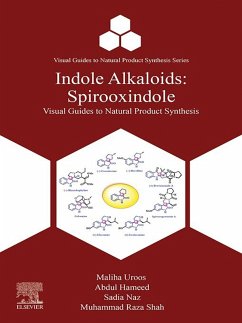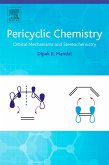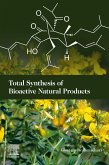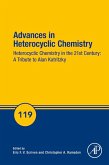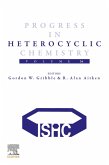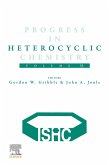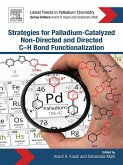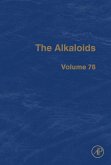Indole Alkaloids: Spirooxindole details the multistep synthesis of natural products using schematic diagrams, providing a quick-and-easy way to review and understand new and novel synthetic strategies to construct structural frameworks of natural products. As a volume in the Visual Guides to Natural Product Synthesis series, this book presents the schematic total syntheses of natural products containing a "spirooxindole¿ core structure. It covers spirooxindole molecules through visual diagrams, highlighting key steps involved in total, formal and semi-syntheses. Sections cover Brevianamide A and B, Citrinadin A and B, Coerulescine and Horsfiline, Elacomine and Isoelacomine, Gelsemine, Paraherquamide A and B, Rynchophylline, Isorynchophylline, and more.
Visual layouts provide quick-and- easy access to developed synthetic routes towards the targeted spirooxindoles.
- Outlines synthetic strategies for natural products bearing a spirooxindole core structure
- Includes schematic diagrams of multistep synthetic routes, highlighting key steps along the way
- Describes all routes for the formal synthesis, semi-synthesis and total synthesis of spirooxindole alkaloids
Dieser Download kann aus rechtlichen Gründen nur mit Rechnungsadresse in A, B, BG, CY, CZ, D, DK, EW, E, FIN, F, GR, HR, H, IRL, I, LT, L, LR, M, NL, PL, P, R, S, SLO, SK ausgeliefert werden.

